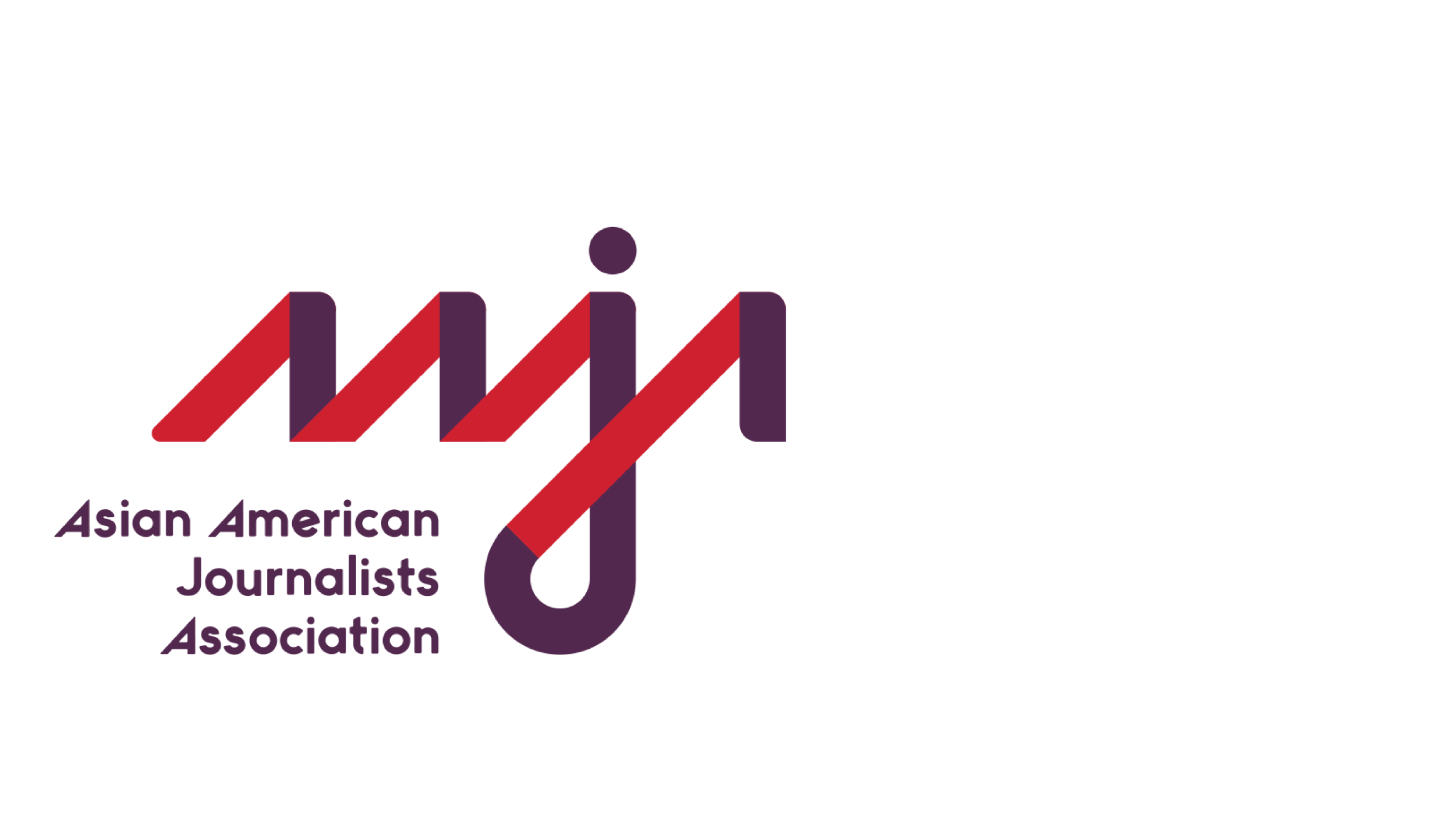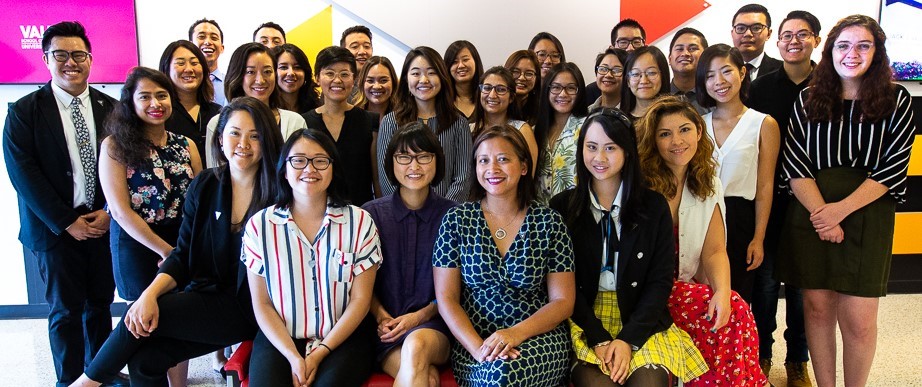
Hatem Bazian, 55, holds many titles not the least of which is a devout Muslim trying to make the world a better place.
He is a father, a husband, a faculty member at UC Berkeley, founder of Islamophobia Research and Documentation Project at UC Berkeley, founder and national Chair of American Muslims for Palestine, a columnist, and a professor and co-founder of Zaytuna College — among many other things.
Acquiring many of these titles came from decades of working to fill various needs of the community. For example, founding Zaytuna College alongside Sheikh Hamza Yusuf and Imam Zaid Shakir was in response to the growing complexities facing the Muslim community in the early 2000s. After the terrorist attacks on September 11, 2001, the number of hate crimes directed against Arabs, Muslims and people perceived to be Arab or Muslim was increasing, social justice groups protested against more frequent and blatant racial profiling, and the mainstream media sought to highlight Muslims and Islam more than ever before.
“The process of only doing halaqas or a weekend class was no longer sufficient,” said Bazian, Ph.D. in philosophy and Islamic studies.
What would suffice was an academic institution that integrated western and Islamic tradition with the purpose of graduating morally committed leaders, Bazian said. Planning took years.
Today, Zaytuna College is the first independently accredited Muslim college in the United States. The college, located in Berkeley, Calif., offers a bachelor’s degree in Islamic law and theology and a master’s degree in Islamic texts.
How would you describe the significance of Zaytuna College being the first accredited Muslim college in the United States?
There were earlier attempts at formulating a college, but they were not successful in getting accredited. This is the only independently accredited Muslim institution in the western world. If there are institutions, these are institutions that either have an accreditation by a partnership with an existing western institution that gives them the right to issue a degree or they’re getting accreditation from a Muslim majority state institution like a certification or accreditation from Al-Azhar University in Cairo or from Turkey and so on. Zaytuna College received the same accreditation from the same agency that accredits UC Berkeley, Stanford, UCLA, USC. Now, Zaytuna College is sitting on the same academic table being able to offer ideas and perspective on higher education coming from the long history and long tradition of Muslim academic institutions. Some of the early colleges in our human history can be dated back to the Muslim world. The fact we have been able to arrive at this point is something not for us to celebrate but actually to give to the Muslim community and to the future generations.
I’m sure there were people who doubted you at the beginning and doubted this could be possible. How did you and the group keep going?
You always have critics. You always people who say “Well, so-and-so tried but they didn’t succeed.” But again, the fact that this was not done before is because it was difficult. We don’t have a book on how to build colleges for dummies. If there were such a book, then we would have bought it. In general it was a major challenge because there isn’t a framework. The most difficult task was how to create a Muslim college that brings in the Islamic tradition with a seamless integration into Western tradition. We are trying to carry both scholarly approaches of tradition to empower our students.
We began right around the time of the economic collapse in 2008. We did not have an endowment — no resources. If you think miracles don’t come about, then you should come visit Zaytuna College because that was a miracle for us to get the college going at the height of the financial crisis.
What is Zaytuna College’s place in empowering Muslim Americans to speak up and take a position in American society?
Each of our students must fulfill 50 hours of community engagement. In this way we wanted to have knowledge, al-ilm, attached to action, al-aml. Not to say al-aml comes before al-ilm. We wanted our students to have the knowledge and to go out and address the broader needs of the society.
What is your hope for the Muslim youth living in America today?
We are beholden to a tradition of a prophet who was born in Mecca, illiterate, an orphan and we are here whether in the United States or the western world as a result of the idea of our beloved prophet. He came with one of the most powerful messages that humanity has received calling on us to read, iqra. That for me is the main source of most transformative power of knowledge. What I want is for our Muslim youth to understand that our tradition put knowledge at the center of everything that we do. It is knowledge that makes the human a human. Muslims are here to stay and to contribute and be beacons wherever they are.
This interview was written by Nuran Alteir and edited for length and clarity.
About AAJA’s Muslim American Task Force
The Asian American Journalists Association’s mission is to ensure accurate and fair coverage of AAPI communities and, more broadly, communities of color. More than 60 percent of the world’s Muslim population is in Asia and, as such, AAJA created a task force to develop resources for journalists covering Muslim/Muslim American communities and ongoing changes to U.S. immigration policies. The task force seeks to improve coverage of Muslim American issues and serve as a resource to journalists covering Muslim American communities.Learn more at aaja.org.





Published by